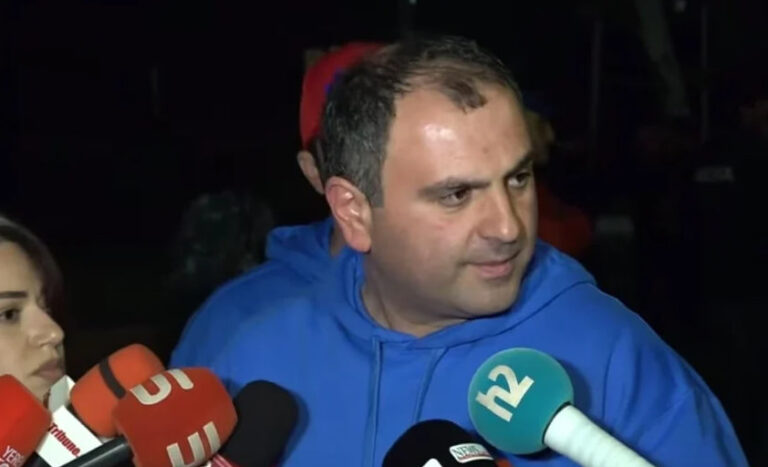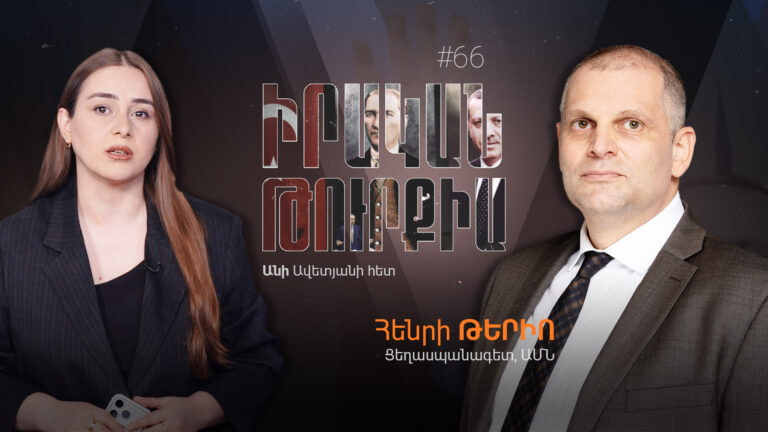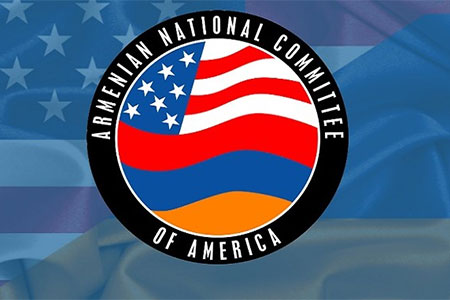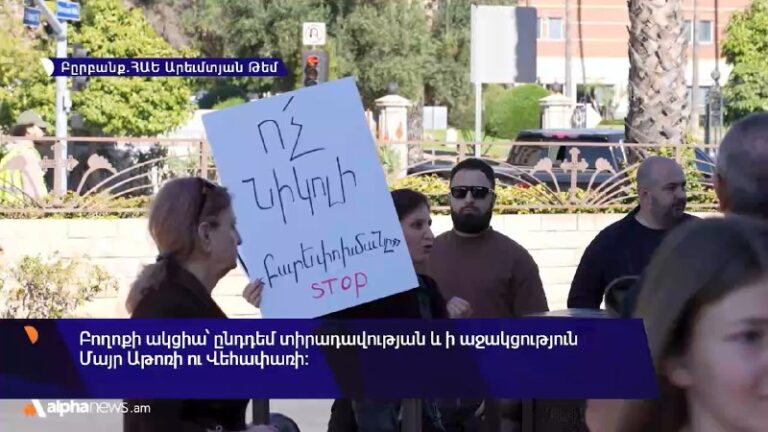‘There were reports that the road would remain open for only two days’: Dmitry Betskov
December 21 2023, 14:00
The decision to leave Artsakh was difficult, but according to Dmitry Betskov, a resident of Stepanakert, there was no alternative in that situation.
“Perhaps we made a mistake by leaving early, but if many people remained in Stepanakert, it would be more difficult. There would be problems; besides, if we stayed, we would have to buy food from Azerbaijan since they would hardly allow goods to come from Armenia. In this case, it was better for us to leave. It was difficult, but probably it was one of the most correct decisions,” Dmitry told Alpha News.
Dmitry left Artsakh with his wife and two children on September 29. At that moment, almost all Armenians had already left Artsakh, and very few people remained there. Dmitry worked in the Stepanakert office of the International Committee of the Red Cross. The Red Cross office was actively working during the nine-month blockade, and the days following the war unleashed by Azerbaijan on September 19 were the hardest for Dmitry and his colleagues.
“First, we evacuated the injured. During the 2020 war, we did not interfere in such matters; the roads were open, but this time they were closed. We had a hard time negotiating the evacuation of the injured. The ambulance staff that arrived from Armenia reached Goris standing on their feet because we were accommodating the injured in their places. There were more difficult moments when we evacuated the corpses. And on September 25, there was a terrible blast at a gas station in Haykazov. Together with Russian peacekeepers, we began evacuating the casualties. And then we started taking care of the people who remained in Stepanakert because there was a lack of food and even drinking water in the city,” Dmitry said.
According to him, the situation in Stepanakert after the ceasefire was apocalyptic. He does not even want to recall the once clean capital in such a dirty and helpless state. Dmitry Betskov also said that even after the ceasefire, people were very scared.
“There were reports that the road would remain open for only two days, and those who do not leave during this time will not be able to cross into Armenia. After hearing such news, people were forced to leave,” Dmitry said.
On September 28, when the Azerbaijanis entered a military facility located near their home, Dmitry took his family members out and took them to a safer place, but a day later, they were also forced to leave Artsakh.
“The Azerbaijanis let civilian cars through, but they knew me because I was an employee of the Red Cross. They asked why we were leaving and said that we should not, and everything will be fine. I then replied: ‘Don’t lie, it won’t be fine; in a situation like this, we have to leave.’ They were told to treat the Armenians well, to treat us with water and sweets. Noticing that there were children in my car, they gave them sweets, which my wife threw into the ravine when we drove past the checkpoint,” Dmitry said.








